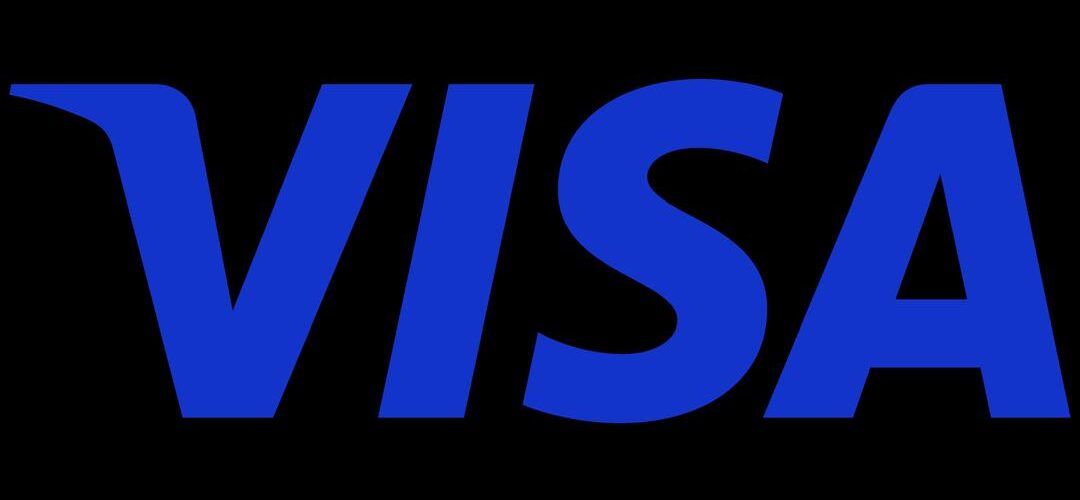Kuala Lumpur, 27 November 2025 – Visa Malaysia, a global leader in digital payments, today released findings from its latest whitepaper, From Transaction to Transformation: Unlocking Malaysian MSMEs Potential. The study spotlights four critical pathways through which micro, small, and medium-sized enterprises (MSMEs) can accelerate growth through digitalisation: boosting productivity, strengthening cybersecurity, improving cash flow and capital management, and finding new revenue streams.
MSMEs form the backbone of Malaysia’s economy, representing 97% of all registered businesses, contributing 38% of GDP, and accounting for nearly half of national employment (48%). As Malaysia advances towards its goals of becoming a high-income, technology-driven nation by 2030, MSMEs are poised to play a pivotal role in this transformation. National initiatives such as the Malaysia Digital Economy Blueprint, the national 4IR Policy, and the 13th Malaysia Plan have laid the groundwork for digital adoption. Visa’s study reveals that more than 80% of MSMEs are already taking steps to digitalise their operations, spanning finance, accounting, marketing and sales.
“In 2021, Malaysian street stalls and kiosks generated US$1.8 billion in retail sales — a figure projected to reach US$2.8 billion by 2026, growing at a compound annual rate of 8.8%. This momentum underscores that digitalisation is no longer a distant ambition — it is a present-day imperative. As the digital economy accelerates, Visa remains committed to supporting every business — regardless of size — so they can thrive in a connected, competitive, and increasingly cashless world,” said Previn Pillay, Country Manager, Visa Malaysia.
“The success of Malaysia’s MSMEs is not only critical to the country’s economic resilience, but also to the vibrancy of ASEAN’s trade flows.” said Pillay.
From Transaction to Transformation: Unlocking Malaysian MSMEs Potential is based on the findings of the SME Digital Banking and Payment Needs study conducted by Visa in May-June 2024, which surveyed 800 SMEs and 100 street vendors across Malaysia to understand their digital banking and payment needs.
Digitalisation has the potential to help MSMEs grow, presenting key opportunities such as:
- Boosting Productivity
Digitalisation is increasingly recognised by Malaysian MSMEs as a strategic lever for operational efficiency and business growth. According to Visa’s MSME survey, 45% of businesses cite productivity as a primary motivation for going digital, however, adoption remains uneven – with only 46% of MSMEs currently using online solutions for finance and accounting, suggesting significant room for growth. Street vendors, often operating with lean resources, demonstrate the tangible benefit of digital payments: 98% report that accepting digital payments reduces hassle during peak hours, while 95% say it enables faster sales and instant payments. These findings underscore the potential for broader adoption of digital tools to streamline operations and enhance customer service.
Visa supports MSMEs in their productivity journey through solutions like Visa Commercial Pay, a one-stop platform that helps businesses streamline financial operations and improve cash flow. With an intuitive interface, Visa Commercial Pay enables MSMEs to automate reconciliation, manage virtual card issuance, and access real-time financial data — all within a secure environment. These capabilities reduce manual errors, save time, and empower business owners with greater control over their spending and operations.
- Strengthening Cybersecurity
As MSMEs embrace digital platforms, they face heightened exposure to cybersecurity threats. More than half of Malaysian MSMEs rank cybersecurity and data privacy among their top three concerns – a concern well-founded, with Malaysia recording 19.62 million cyberattacks in the first half of 2024. Despite the risks, however, many MSMEs lack the resources to invest in robust cybersecurity infrastructure.
Visa is helping MSMEs address these challenges through secure solutions such as Visa Token Service and Cybersource, which use tokenisation and advanced fraud detection to protect transactions. By collaborating with issuers and acquirers to integrate these technologies, Visa is building a safer financial ecosystem that safeguards sellers and strengthens consumer confidence in digital commerce.
- Improving Cash Flow and Capital Management
Financial management remains a persistent challenge for MSMEs, with 31% identifying working capital management as a major concern. A significant 75% of MSME owners report using personal debit or credit cards for business transactions, often for urgent purchases. While this may offer convenience, it leads to blurred financial visibility and accounting inefficiencies.
Visa’s suite of solutions, including Visa Commercial Pay and virtual cards, enables MSMEs to separate personal and business expenses, automate reconciliation, and gain clearer insights into their financial health. These tools are particularly valuable as MSMEs prepare for Malaysia’s upcoming e-invoicing mandate, which will impact businesses in 2026, and seek to improve their access to financing. With a US$21.5 billion funding gap largely driven by limited credit history and data opacity, digital financial tools can help MSMEs build the transparency needed to unlock new financing opportunities.
- Finding New Revenue Streams
Digitalisation is not only about efficiency, but it is also a gateway to growth. Visa’s study found that 32% of MSMEs believe digitalisation helps them develop new sources of income, while 29% say it enables them to reach new customer segments. Street vendors, often overlooked in digital transformation narratives, are proving to be surprisingly tech-savvy. The survey reveals that 64% have digitalised their sales functions, 57% have moved marketing online, and 72% use online or mobile banking to manage their proceeds.
Despite this progress, 54% of street vendors still rely heavily on cash, citing barriers such as lack of knowledge and high adoption costs. Visa Accept addresses these challenges by allowing merchants to accept digital payments directly via their smartphones, eliminating the need for costly point-of-sale terminals and enabling even the smallest businesses to participate in Malaysia’s digital economy.
Malaysia’s MSMEs are entering a pivotal phase in their digital journey. As more businesses embrace digital tools, they unlock new efficiencies, expand their reach, and contribute to a broader ecosystem shift towards digital readiness. Visa’s whitepaper highlights that while challenges remain, MSMEs are well-positioned to accelerate their transformation and thrive in the digital economy, with the right support from industry players, government initiatives, and technology providers.









